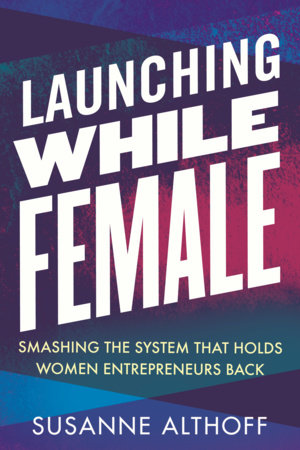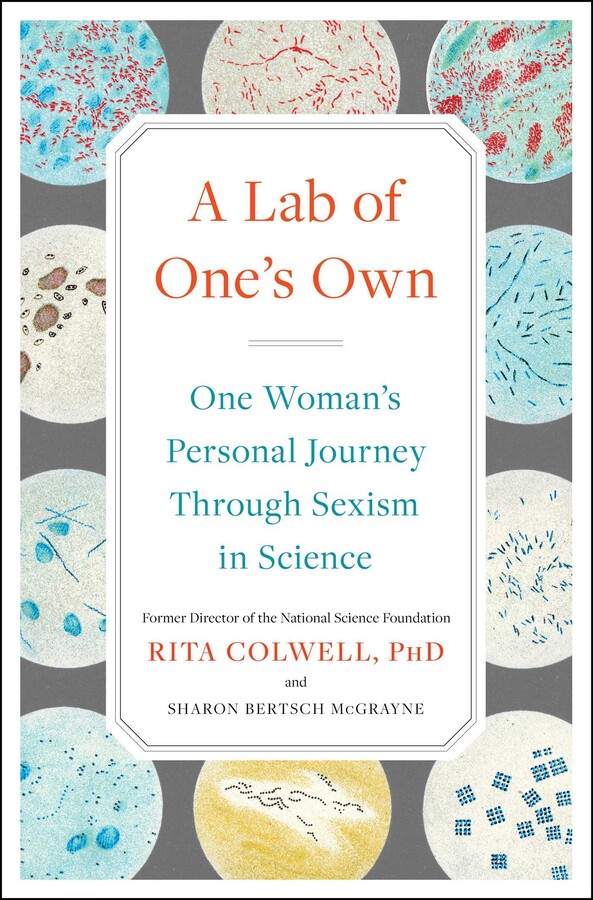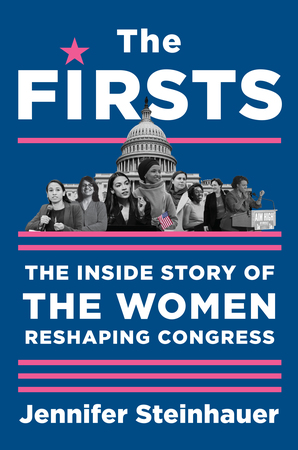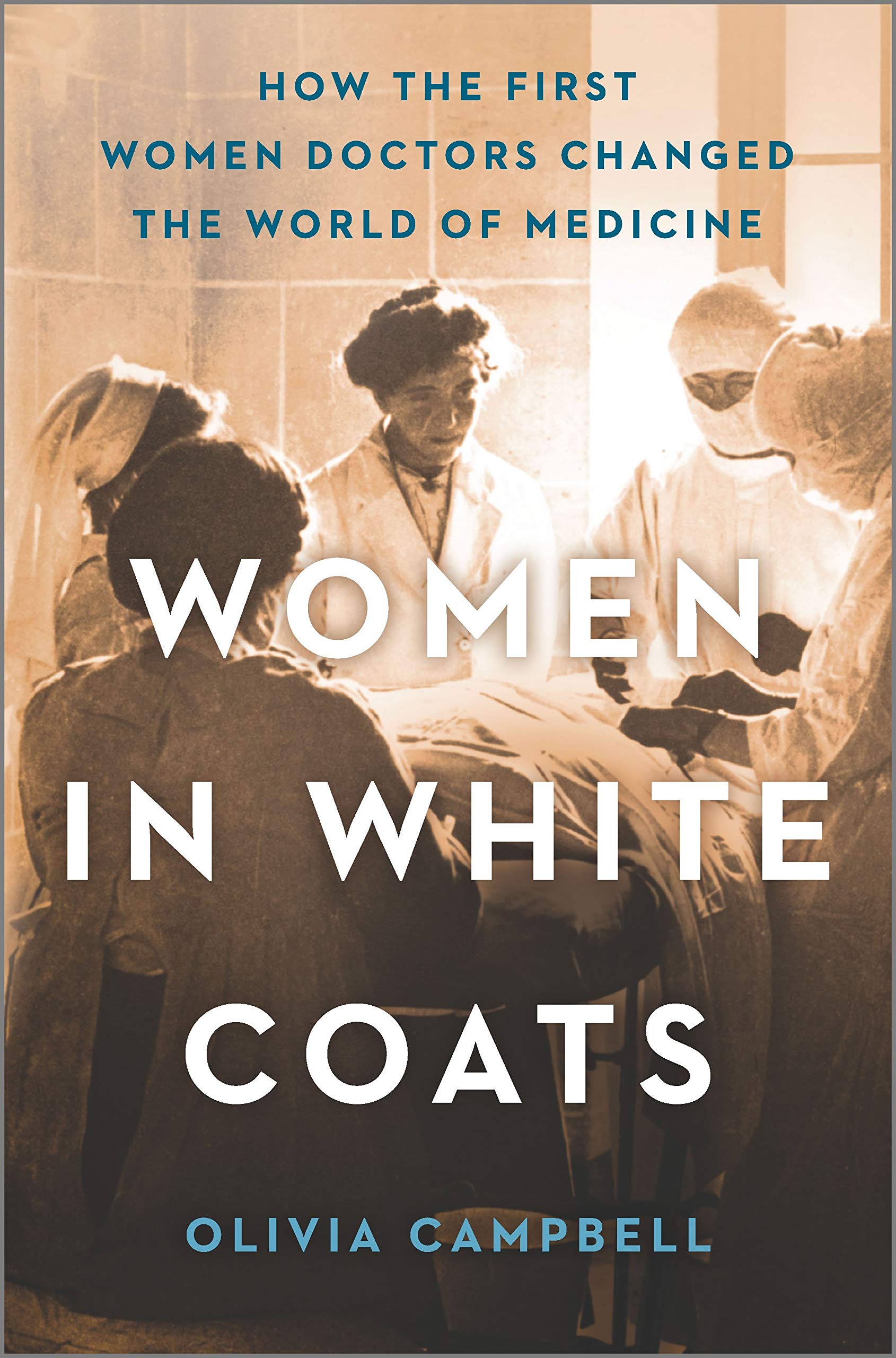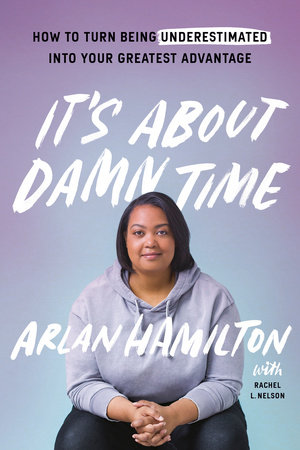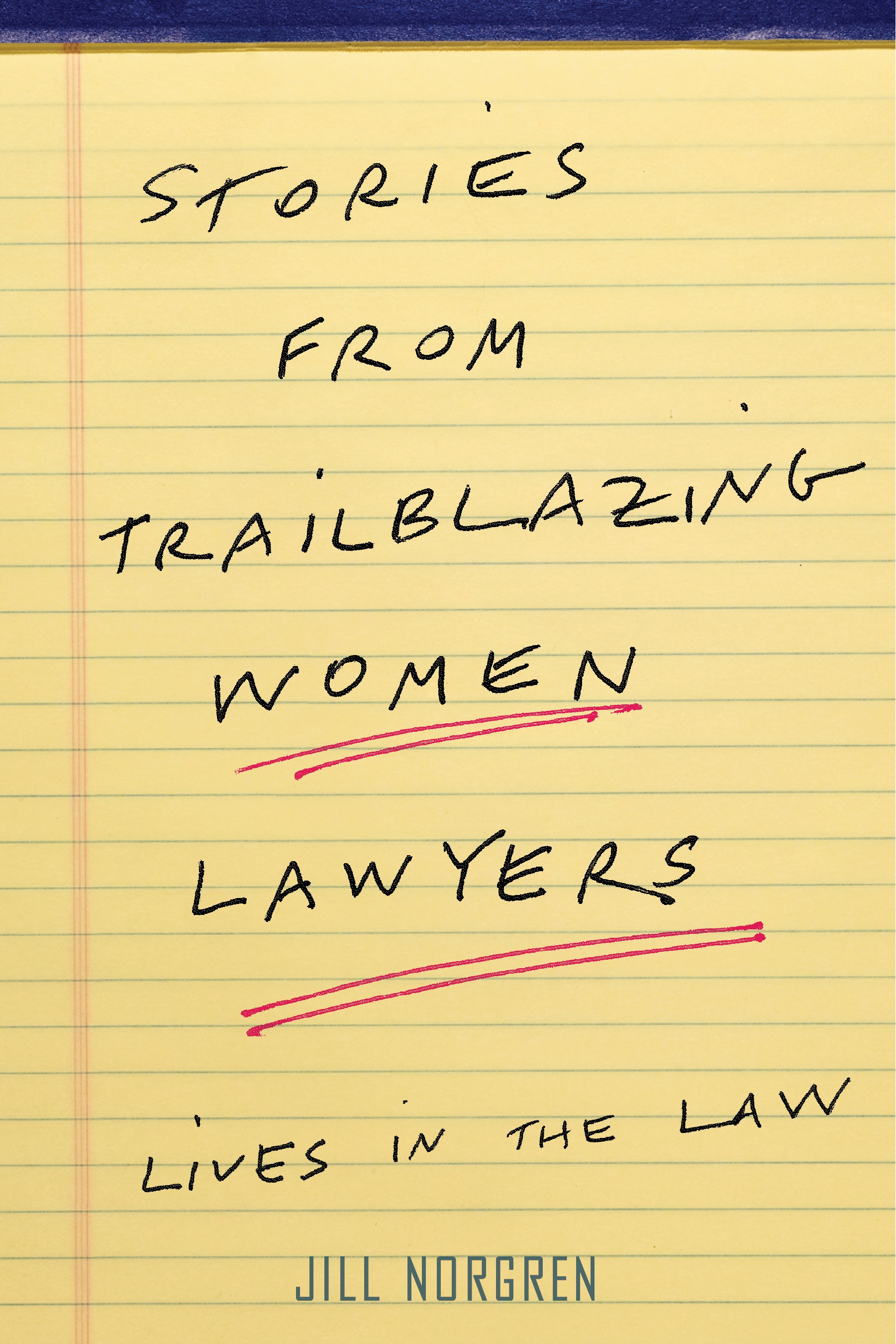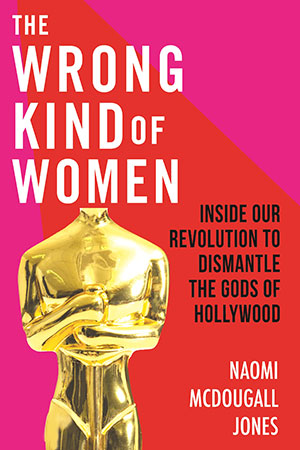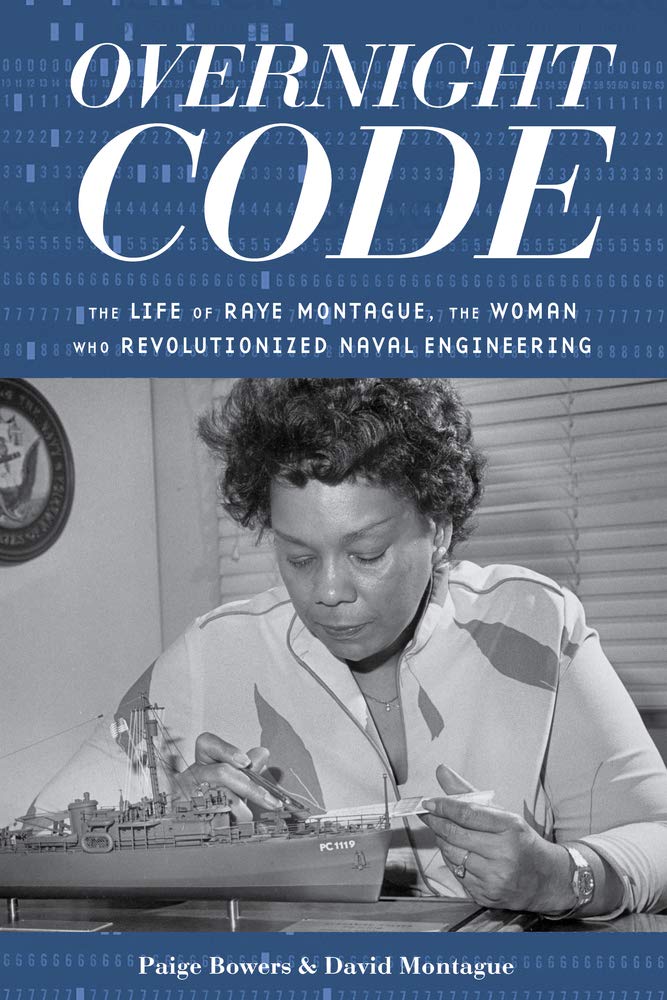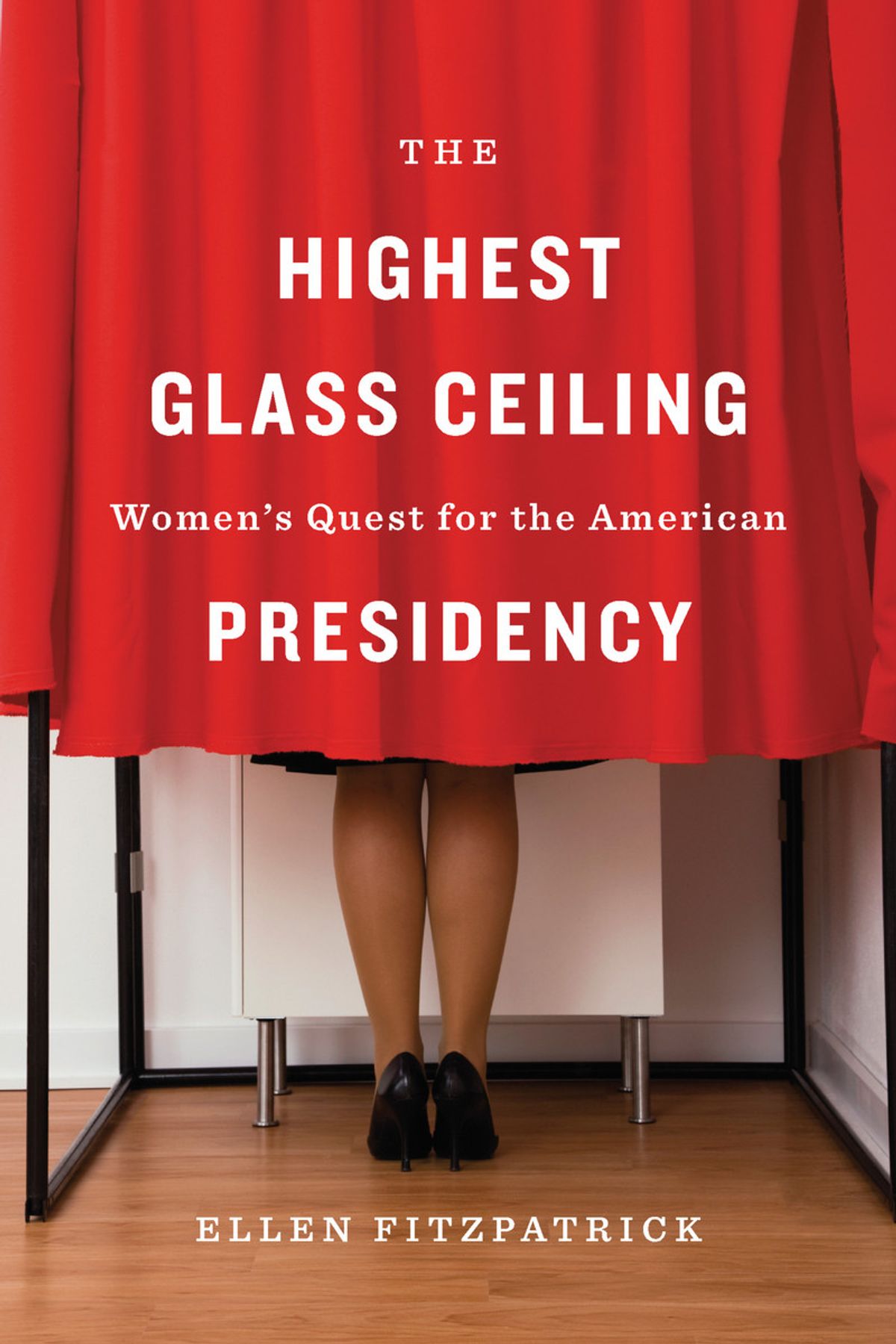If you enjoy reading Electric Literature, join our mailing list! We’ll send you the best of EL each week, and you’ll be the first to know about upcoming submissions periods and virtual events.
In 1946, pollsters asked U.S. adults if they thought women were as intelligent as men. Only about a third said yes. These days the vast majority of Americans think men and women are equally smart—thankfully. Yet the impact of all those decades of women being undervalued can still be seen in their work lives.
Women today serve as CEOs of a mere 8% of Fortune 500 companies; less than 1% of those companies have a Black woman as CEO. Women hold just 29% of science and engineering jobs. Women fill only 27% of the seats in the U.S. Congress. According to the World Economic Forum, it will take 208 years for the United States, as its current pace, to close its gender gap.
Yet these statistics don’t tell the full story. Women do pry open the door to male-dominated fields, and do so in spectacular fashion.
I’ve spent the last five years tracking down and talking to such women. As part of my research into entrepreneurship’s gender gap, I interviewed over 100 women business owners, as well as nonbinary entrepreneurs. They are building rocket ship engines, searching for ALS and cholera treatments, and using blockchain technology in novel ways. I also studied women entrepreneurs of the past—such as Madam C.J. Walker, who created a hair-care empire in the early 1900s, and Olive Ann Beech, whose company manufactured the planes that helped win World War II.
Their stories are collected in my book Launching While Female: Smashing the System That Holds Women Entrepreneurs Back. The big lesson I learned is that while women can and do build successful companies, their path to success is way harder than it needs to be. Women have significantly less access to startup capital. They experience discrimination and microaggressions. In a male-dominated field, it’s harder for them to find mentors and role models. And of course they have to deal with sexual harassment and assault. The pandemic has made many of these hurdles more evident and more daunting, and makes fixing entrepreneurship’s gender gap all the more urgent. We need more women starting businesses and creating jobs.
Here are eight books about women doing what can seem impossible. They’ve broken barriers in the fields of politics, medicine, science, business, and filmmaking.
A Lab of One’s Own: One Woman’s Personal Journey Through Sexism in Science by Rita Colwell and Sharon Bertsch McGrayne
“We don’t waste fellowships on women” is the answer Rita Colwell heard in 1956 when she asked a professor for financial help to study bacteriology. Six decades later, Colwell believes the world of science is still infatuated with the idea of the “white male genius.” In A Lab of One’s Own, Colwell, a microbiologist and the first woman to lead the National Science Foundation, writes about her own career and that of other women scientists, highlighting the obstacles and the allies they encountered. She outlines ways to overhaul the field, noting that we don’t need to get more women interested in science. We need to stop impeding their advancement.
The Firsts: The Inside Story of the Women Reshaping Congress by Jennifer Steinhauer
The women elected to Congress in the 2018 midterms were “firsts” in multiple ways: Rep. Alexandria Ocasio-Cortez, for example, is the youngest woman ever to serve, and Rep. Ayanna Pressley is the first Black woman from Massachusetts to do so. New York Times reporter Jennifer Steinhauer followed about 20 of these women during their first year in office, recounting their battles to get meaningful legislation passed despite dysfunction, sexism, and racism in Washington. Steinhauer catalogs details such as phone calls with constituents back home and the books they had on their congressional office shelves (for Rep. Lauren Underwood, How to Be Successful Without Hurting Men’s Feelings). The paperback version of The Firsts includes an epilogue addressing the 2020 election.
Women in White Coats: How the First Women Doctors Changed the World of Medicine by Olivia Campbell
In 1847, after being turned down by dozens of medical schools and urged to abandon her dream of becoming a “lady doctor,” Elizabeth Blackwell finally found a college in Geneva, New York, that would admit her. The 26-year-old became the country’s first woman medical student. Blackwell would go on to build a medical career serving women patients and recruiting and teaching other women to become doctors (but not without warning them that the nontraditional career choice brought “social and professional antagonism”). In Women in White Coats, journalist Olivia Campbell profiles Blackwell along with two of her contemporaries—Elizabeth Garrett Anderson and Sophia Jex-Blake—and tells a riveting tale of medical pioneers.
It’s About Damn Time: How to Turn Being Underestimated Into Your Greatest Advantage by Arlan Hamilton with Rachel L. Nelson
The venture capital industry—which funds many of the fastest-growing startups—is dominated by white men. In 2020, only 16 percent of investment partners at VC firms in the United States were women, and a mere 3 percent were Black. Arlan Hamilton pledges to change this, and along the way invest in innovative companies with founders who are women, people of color, and LGBTQ (she is a Black gay woman herself). In her book It’s About Damn Time, she chronicles how she entered Silicon Valley’s investment world without personal wealth or a college degree and built her own thriving VC firm. Hamilton incorporates practical career advice that applies to any industry.
Stories from Trailblazing Women Lawyers: Lives in the Law by Jill Norgren
In 2005, a group of young women lawyers interviewed 100 of their more senior, successful counterparts, creating a set of oral histories that showed how women fought their way into courtrooms and law firms. The book Stories from Trailblazing Women Lawyers is drawn from these interviews. Ruth Bader Ginsburg makes an appearance, sharing how much pressure came with being the rare woman student in a law classroom: “If we were called on, we worried that if we failed, if we didn’t give the right answer, we would be failing not just for ourselves, but for all women.” Antonia Hernández recalls losing a case against a Los Angeles hospital sterilizing Latina women against their wishes, but eventually seeing success with new legislation.
The Wrong Kind of Women: Inside Our Revolution to Dismantle the Gods of Hollywood by Naomi McDougall Jones
To explain how Hollywood men like Harvey Weinstein have been able to commit abuse and harassment for so long, actor/filmmaker Naomi McDougall Jones points to “an industry that has systematically ignored, undermined, and excluded women’s voices for the better part of a century.” She shares her own story of trying to find consistent work and advancement but repeatedly learning she’s not pretty enough, too smart, or lacking some other quality. Jones weaves in damning data—such as that characters with disabilities fill just 2.4 percent of speaking roles in top-grossing films, despite being a quarter of the population—and the perspectives of others frustrated by the industry. Her final message is hopeful: With tools like streaming services and vigorous advocacy, all people boxed out of the film industry have a better chance of being seen and heard.
Overnight Code: The Life of Raye Montague, the Woman Who Revolutionized Naval Engineering by Paige Bowers and David Montague
In the early 1950s, Raye Montague wanted to major in engineering, but the only college in Arkansas that offered that course of study wasn’t open to Black students. So she focused on business instead. It was one of many times in Montague’s life that she found a workaround when faced with racism, sexism, and other hurdles. After graduation, Montague moved to Washington, D.C., and held a series of jobs doing computer work on naval projects. She excelled at it. In 1971, Montague was credited with drafting the first U.S. Naval ship design using a computer. She worked all hours to achieve this feat, hence the title of her biography, Overnight Code (which was co-authored by her son, David). Montague died in 2018.
The Highest Glass Ceiling: Women’s Quest for the American Presidency by Ellen Fitzpatrick
Well before we had Vice President Kamala Harris, we saw these path-blazing women: Victoria Woodhull, the first woman to run for U.S. president, which she did in 1872. Margaret Chase Smith, who, in 1964, became the first woman to run for a major party’s presidential nomination. And Shirley Chisholm, who, in 1972, was the first Black woman to seek the presidency. In The Highest Glass Ceiling, which profiles these three women, historian Ellen Fitzpatrick writes, “As citizens who defied constraints on their political participation, rights, and liberties, they seized historical moments they believed were rife with possibility. In defeat, each imagined a successor who would eventually reach the presidency.”

